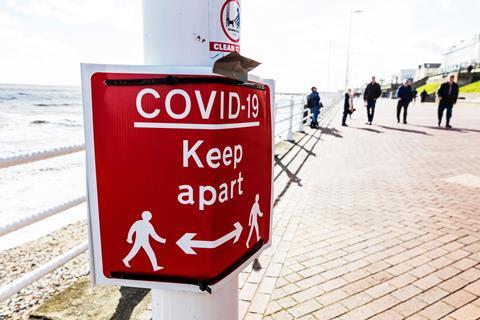A High Court judge has warned against the courts conducting mini-trials ahead of evidence becoming available after overturning a county court's summary judgment throwing out a claim.
Sir Peter Lane restored the personal injury claim from two factory workers who issued proceedings against their employer after testing positive for Covid-19 in 2020.
The factory owner had successfully applied for summary judgment after Her Honour Judge Owen, sitting at Caernarfon County Court, agreed the claim had no prospect of success.

But in Mark Edwards & Ors v 2 Sisters Food Group Limited, the High Court judge said the draconian nature of the summary process meant that this option should be reserved for cases meeting strict criteria. While the Covid claimants faced an ‘uphill task’ to win, that was not the test, Lane said, and it was unfair to expect extensive evidence to be produced in advance of the final hearing.
‘If witness statements on all issues were required to be adduced for the purposes of an application for summary judgment, when in the normal course they would not be required at this point before the anticipated trial, this would encourage the use of summary judgment to conduct the very sort of mini-trial, which the higher courts consistently deprecate,’ he added.
In her county court ruling, Owen had said the claimants faced a ‘nigh on impossible task’ to establish a causal link between any breach of duty by the factory owner and their contracting Covid. She could not understand how any link could be made without medical causation evidence and said the claimants were effectively merely hoping ‘that something may turn up’, when this should have happened before proceedings were issued.
The claimants appealed, saying the judge had not taken into account that disclosure was not yet complete. It was unjust, they submitted, to criticise them for not already instructing an expert to give evidence.
Lane said it was ‘plainly appropriate’ for the claimants to have waited to commission an expert. He added: ‘The judge fell into error in effectively conducting a “mini trial” without the benefit of the evidence that would have been available had the case been allowed to proceed to trial in the normal way.’
This article is now closed for comment.



























3 Readers' comments